In the first part, the book collects letters written by J. Krishnamurti to a young person who came to him in a state of physical and mental trauma. The letters, written by him persistently over a period of nearly 12 years (from June 1948 to March 1960), demonstrate his concern, compassion, and patience in contributing to the miraculous healing of a young person who was at a dead end.
In those letters to young people, the first thing Krishnamurti wanted to remind was “Be flexible in spirit. Strength does not lie in hardness and strength, but in flexibility.”
According to Krishnamurti, life is a knife's edge, one must tread it with care, delicacy and a flexible mind. “A flexible tree will withstand strong winds. Gather the strength of a agile mind. Mere resistance will not solve any problem. One needs infinite flexibility and a single heart.”
The problem Krishnamurti suggests for young people to think about is: the earth is a place of so much beauty, so infinitely lovely. But we are stuck in pain and do not think of escaping it, even when someone shows us the way out. According to him, apart from the few who choose to live creatively and happily, many people choose to destroy and destroy each other on this lovely earth through hurt and gossip.
So where is the way out? You will find a lot of profound guidance in the book. For example, Krishnamurti suggests: Be very clear within yourself. Be alert to all your thoughts and feelings. Resist intelligently and accept intelligently what is. Be open; live in the past, if you must, but do not resist it. One must act, must always be in a state of negation in order to act…
Speaking of love, Krishnamurti said that we know very little about love, about its tenderness and its extraordinary power. We use the word love too easily. And his advice is: “It takes great intelligence to live together, not to surrender to each other or to be dominated by one or the other. Relationship is the most difficult thing in life.”
Or talking about the impact ofeducation on people, Krishnamurti shared: People constantly compare themselves with others, with the person they are, with the person they should be, with someone who is more fortunate. This comparison is destructive. Comparison degrades, it distorts people's perspective. Yet people are brought up on the basis of comparison. Krishnamurti said, "Raising children without comparison is true education."
Thus, many of his contemplations, insights, and instructions through his letters entered the minds of young people, creating unexpected transformations. Krishnamurti believed that as long as people seek satisfaction, they will be disappointed. He pointed out that we pay little attention to everything around us, but are too busy with our own worries and interests. This preoccupation makes the mind sluggish and tired, disappointed and miserable.
Not only for that young man, the issues Krishnamurti raised in the letter seem to touch everyone. Readers will also feel a “mind-teasing” when reading his sharing, such as “Living is a strange thing. A happy person is a person who is nothing”. Or when he asked: “If one takes away status, power or money, what is left?”.
Grow up with love
Krishnamurti was a man full of love for humanity and for beautiful nature. He was eager to pass on that feeling of love to young people. He wanted them to grow up with love.
In the small book, it is easy to see that the author uses a lot of words and emotions to mention nature. He observes from the lonely mountains, the midnight rains, to the dawn. He watches the rows of trees casting shadows on the road, the lovely river, the flowing stream, the clear sky, feels the sun trying to break through the clouds… And contemplates many things from that beautiful nature.
Speaking to young people, he started with small, concrete issues, such as what is feeling, what is caring, why do we lose our imagination, what does fear do to you; to more basic, more important issues, such as freedom and order. He shared: to truly have feelings for people, one must not only look and listen, but also care. And he asked, “Do you care about anyone?”
“Be open to strong emotions… Love someone with all your being… Love a bird. Love a tree you plant, care for it. Keep your room spotless. Then you will begin to care, to care about what you are,” Krishnamurti suggested.
Krishnamurti said that if you don't feel things now, when you are young and full of life, then when you grow up you won't notice anything, because all your feelings will be destroyed.
Krishnamurti also suggests that young people think about freedom: You cannot depend on others, you cannot expect someone to give you freedom and order. You have to create it yourself.
Krishnamurti is a thinker, he is respected by everyone as a sage, because he spent almost his whole life traveling everywhere, talking to many people about all things related to human beings. He spoke with all practical contemplation, insight and love for life, love for people, not with bookish philosophies.
He always wanted people to look deep into their own being, look back at the person inside themselves, find true freedom within themselves, feel themselves correctly, understand themselves clearly, to know the path they are taking, the life they are living, the true happiness they are looking for and thoroughly understand how they must live to truly have freedom and happiness.
Source: https://baohungyen.vn/hanh-phuc-tuoi-tre-cuon-sach-nho-goi-tron-chan-ly-lon-ve-tu-do-va-yeu-thuong-3181952.html


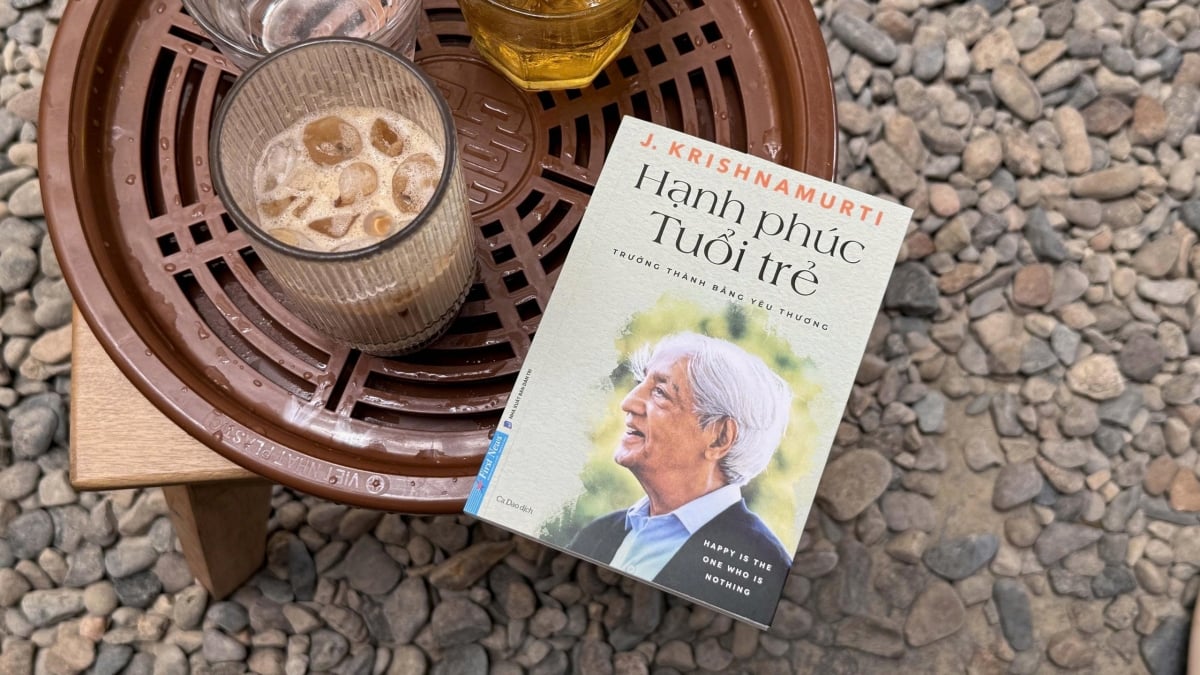






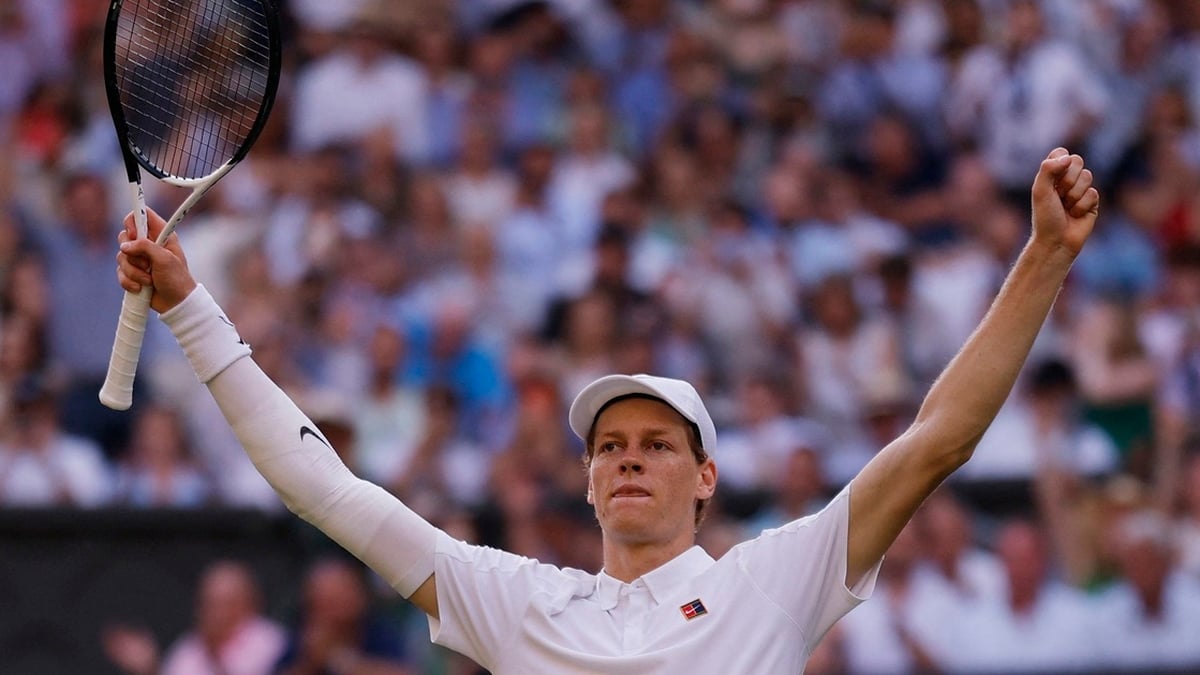










































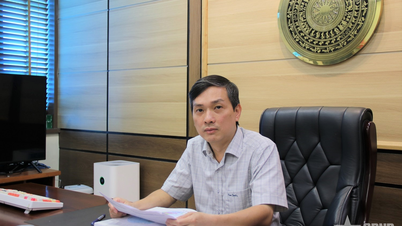















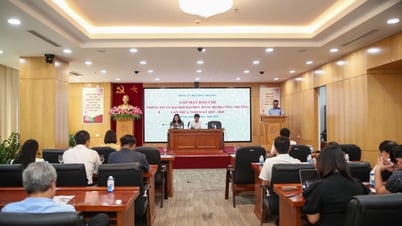




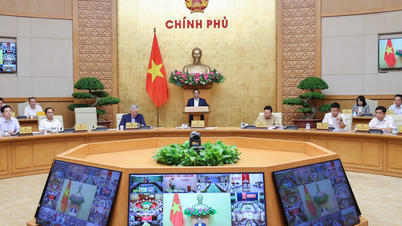

























Comment (0)